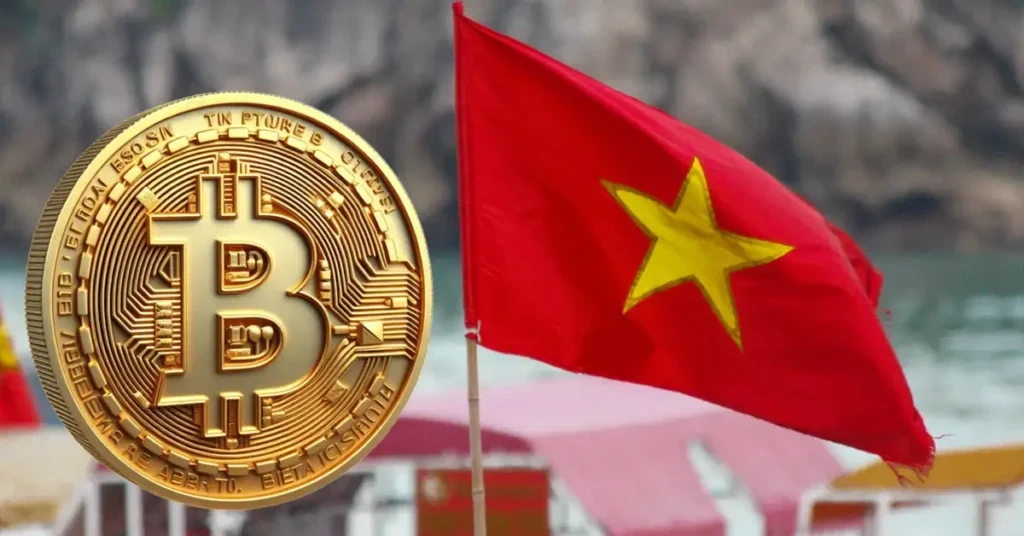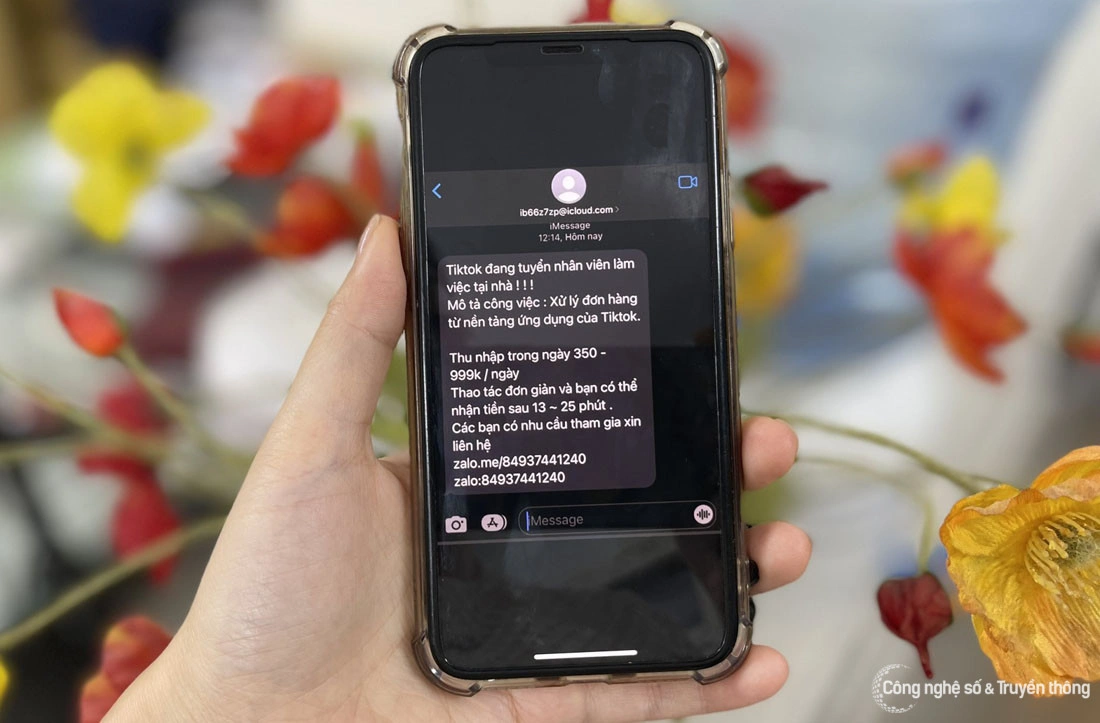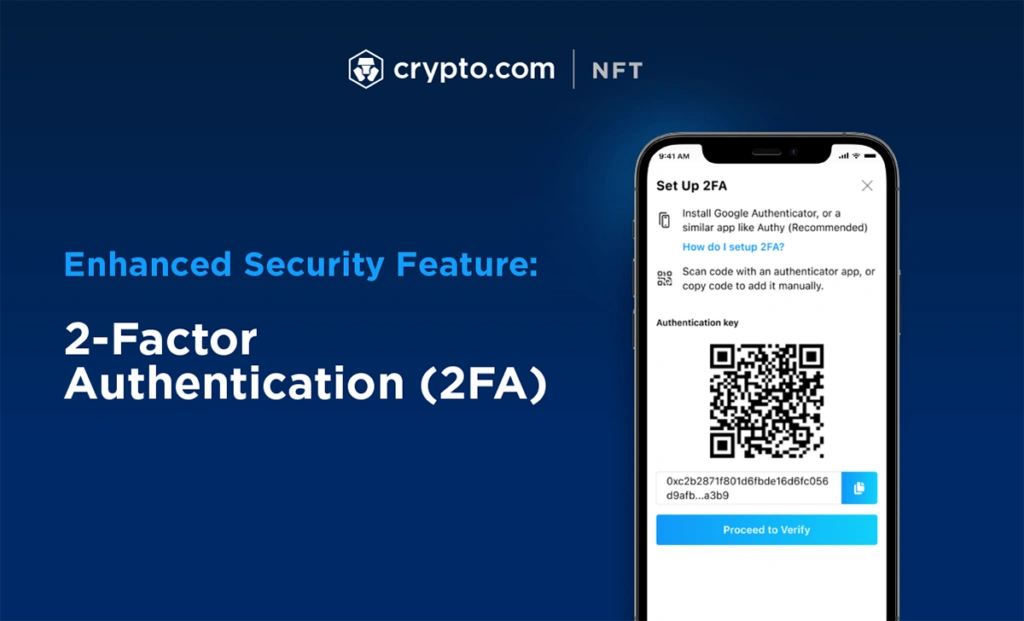Crypto Scams in Vietnam: 7 Questions Every Investor Should Ask Before Trading
Vietnam’s booming interest in cryptocurrency has sparked both excitement and concern. While blockchain technology offers real opportunities for financial growth, the rise in crypto scams in Vietnam has complicated the journey for many would-be investors. In this increasingly digital economy, recognizing fraud is just as important as understanding how to trade.
Below, we unpack seven of the most relevant questions being asked in Vietnamese crypto communities today—and offer secure trading tips grounded in real experiences and local context.
1. Why are crypto scams so common in Vietnam right now?

Credit from MDPI
Vietnam consistently ranks among the world’s top countries for crypto adoption. Young, mobile-first users and a strong appetite for financial alternatives have driven this rise. But that same momentum has drawn scammers looking to exploit enthusiasm. In a relatively under-regulated environment, digital fraudsters face fewer obstacles when launching fake platforms or using social media to reach vulnerable users.
Scams tend to spike during times of high market hype, when users are more willing to take risks or trust unfamiliar tools.
2. What are typical red flags of a crypto scam?
While scams evolve quickly, some red flags remain consistent. Offers promising guaranteed or unusually high returns are the most common bait. Others include pressure to join within a limited timeframe, referral bonuses that resemble pyramid structures, or direct requests for seed phrases or private wallet credentials.
Many fraudulent apps or websites use poorly translated Vietnamese, mismatched logos, or copied branding from legitimate companies. The impersonation feels subtle—but it’s enough to fool users not looking closely.
3. How do scammers build trust so easily in Vietnam?

Scammers often leverage social engineering tactics tailored to local habits. They may pose as friendly acquaintances, online influencers, or even well-known Vietnamese fintech consultants. What makes them effective is their fluency in cultural context—they often speak the same slang, refer to local banks or celebrities, and build conversations that feel surprisingly normal.
Some scammers initiate casual chats via dating apps, Telegram, or Facebook, spending days or weeks developing trust before introducing a “low-risk” investment idea. This slow approach is what makes these frauds hard to detect until it’s too late.
4. Are mobile users more at risk of crypto fraud?

Credit from Báo VietNamNet
Absolutely. Many scams in Vietnam now operate through unofficial APK files—apps shared via Zalo or Messenger, not listed on official stores. These often mimic legitimate wallets or trading platforms, but once installed, they harvest user data, login credentials, or even drain assets directly.
Given that mobile usage is high across Vietnam, particularly among young traders and first-time investors, this method has proven dangerously effective. Downloading apps only from the App Store or Google Play may sound basic, but it’s a critical first step in protecting your assets.
5. What can I do to make my trading experience safer right now?

Credit from Crypto.com
There are several habits Vietnamese investors can adopt to lower their risk. First, always enable two-factor authentication (2FA) and avoid using the same password across platforms. Storing larger amounts of crypto in offline cold wallets, rather than hot wallets connected to the internet, can significantly reduce exposure.
Regularly verifying platform URLs and watching for small changes in spelling or design can help avoid phishing attempts. Many Vietnamese users now turn to Reddit threads, local YouTube reviews, or community Telegram channels before committing to a new exchange or project. These grassroots checks have become a critical layer of defense.
6. Where can victims report crypto scams in Vietnam?
Reporting options are still limited, but they do exist. Victims can file a report with Vietnam’s Ministry of Public Security, particularly with the Cybercrime Division. Gathering and submitting evidence—such as wallet addresses, screenshots, transaction records, and contact logs—can help support ongoing investigations, even if immediate recovery is unlikely.
In some cases, community groups assist victims by collecting information and exposing patterns in fraudulent schemes. While legal recourse is often slow, sharing your experience helps others avoid similar traps and increases awareness across the local ecosystem.
7. What’s a recent scam example that other users should learn from?
In early 2024, a fraudulent platform targeting university students in Hồ Chí Minh City made headlines. Marketed via Telegram, the platform claimed to offer early access to a new token, complete with a slick Vietnamese interface and simulated trade dashboards. Users were required to deposit stablecoins like USDT to start trading, but withdrawal options disappeared within days.
The platform vanished shortly after collecting funds from hundreds of users. The scam’s speed and local feel made it especially dangerous, reminding everyone that well-designed interfaces aren’t a guarantee of legitimacy.
Conclusion: Crypto Scams in Vietnam Are Evolving — But So Can Your Defenses
Crypto scams in Vietnam are getting smarter, but so can traders. With the right secure trading tips—like verifying platforms, protecting private credentials, and leaning on community vetting—you can build a stronger digital safety net.
Fraud may never fully disappear, but awareness and collective action are powerful tools. As Vietnam’s crypto future unfolds, the safest investors will be the ones who stay curious, cautious, and connected.





